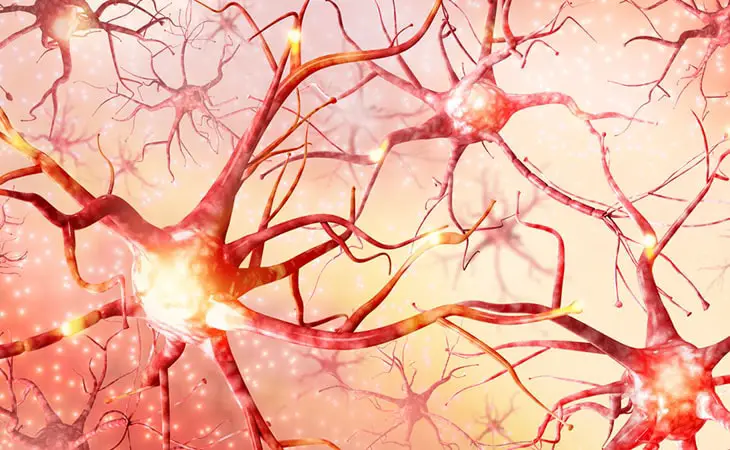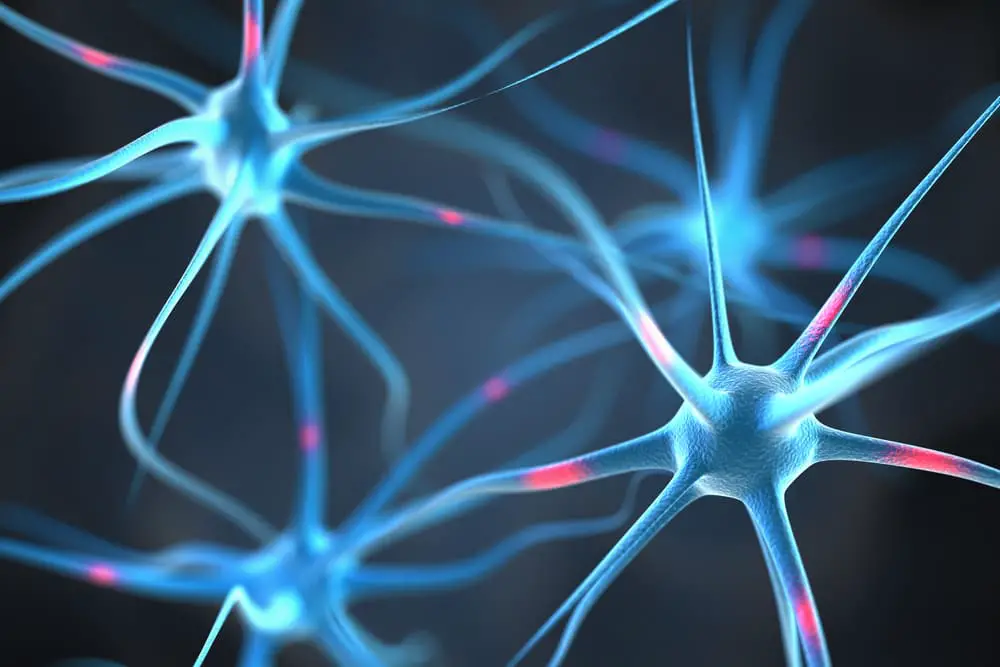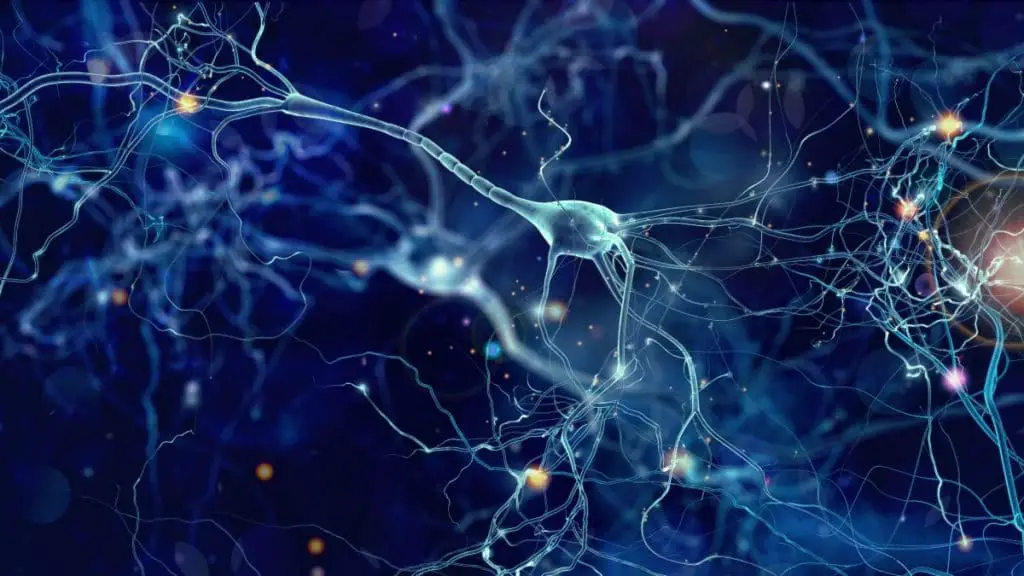Since the 1980s, the antidepressants Selective serotonin reuptake inhibitors (SSRIs) have been the backbone of the treatment of depression and other mental health conditions around the world, with tens of millions of annual prescriptions in the UK alone. However, their mechanisms of action, and their broader effects throughout the body, are not yet fully understood.
New study on antidepressants
A study conducted by King researchers was published in Molecular Psychiatryidentifying a key biological process targeted by SSRIs and proposing the use of these drugs in new clinical applications.
In this work, all currently prescribed SSRIs were tested on various types of cells grown in Petri dishes, using drug concentrations similar to those found in the blood of patients treated for depression.
Unexpectedly, almost all antidepressants affected the cells’ ability to transport material into and out of their environment through a process called membrane trafficking.
Additionally, a single injection of the antidepressant fluvoxamine into mice allowed a fluorescent compound that would normally remain outside the brain to accumulate inside the brain, crossing the cellular barrier that separates the brain from the rest of the body.
Dr Oleg Glebov, from King’s IoPPN, said: “Given how little is known about the wider effects of antidepressants, we wanted to understand more about how these drugs affect the cells in our brain and body. What we found is that most antidepressants regulate the same effects.” key biological process in many tissues, which probably has little to do with their effect on depression.

“Furthermore, our data suggests that a single dose of an antidepressant may be sufficient to effectively open the blood-brain barrier for the release of other drugs.
We hope this discovery will help improve clinical effectiveness and reduce treatment costs for new dementia drugs, which are currently unavailable to the millions of people who need them.
Beyond that, we’re excited to explore whether antidepressants can help deliver drugs to other hard-to-reach corners of the body.
Exactly how SSRIs control membrane trafficking remains unclear, and uncovering the complexities at the molecular level will require collaboration across multiple scientific disciplines. Likewise, it will be necessary to determine in the clinic whether SSRIs are actually useful for the administration of other drugs in humans.
However, it is quite possible that this study could mark the beginning of a new career for these venerable 30-plus-year-old drugs, this time helping other drugs do their job.
Antidepressant prescription associated with lower risk of testing positive for COVID-19
Research led by the Institute of Psychiatry, Psychology and Neuroscience (IoPPN) at King’s College London found that community mental health patients who were prescribed antidepressants were significantly less likely to test positive for COVID-19 when admitted to hospital care.
The research, published in BMC Medicine, suggests that antidepressants – particularly the most commonly prescribed class called selective serotonin reuptake inhibitors (SSRIs) – could have a preventative role against COVID-19 infection and could provide a complementary approach to mass vaccination.
Using Clinical Record Interactive Search (CRIS), a platform that allows researchers to investigate patients’ medical records without accessing personal data, the researchers analyzed the medical records of 5,664 patients admitted for mental health treatment in South London and Maudsley NHS Foundation Trust during the first wave of the COVID-19 pandemic (April to December 2020).
All newly admitted patients were mandatorily tested for COVID-19 and throughout their hospital care. Of the 5,664 patients, 202 patients tested positive. The researchers found that positive COVID-19 test results were about half as frequent in patients who had recently mentioned antidepressants in their medical record (90 days before hospitalization), compared to patients without such a medical record.

Further statistical analysis revealed that a recent antidepressant prescription. was associated with an approximately 40% reduction in the likelihood of a positive COVID-19 test, and SSRIs were the only class of antidepressants showing this association.
Dr Oleg Glebov, professor in the Department of Elderly Psychiatry at King’s IoPPN and lead author of the study, said: “Despite the success of vaccination against COVID-19, it has brought limited benefits to some people, particularly immunocompromised individuals and residents of low-income economies shows that antidepressants can target the cellular biological processes of COVID-19 infection, and the results of this study suggest the potential clinical benefit of this long-term, low-cost drug characterized and readily available as antidepressants can help curb the spread of COVID-19.
If our findings hold up in further investigation, they could provide help to those left behind by currently available strategies for COVID-19 prevention.
Because of the methods used and the nature of SSRI treatment regimens, researchers could not guarantee that all patients with a mention of antidepressants in their medical records were taking the drug at the time of testing. However, they believe the association is strong enough to warrant further investigation in a larger population.
Professor Robert Stewart, Professor of Psychiatric Epidemiology and Clinical Informatics at King’s IoPPN and Deputy Head of Informatics at the Maudsley Biomedical Research Center at the National Institute for Health and Care (NIHR), said: “For For over 15 years, the CRIS platform has been supporting new and innovative research, enabling healthcare services to learn from anonymous patient records.

The findings illustrate the huge potential value of this information, as this is the type of issue that could not have been investigated in any other way as the Hdruk DATAMIND Hub are bringing together expertise, to ensure the UK has international leadership in this type of approach.”
Professor Dag Aarsland, professor of psychiatry of older people, King’s College London, said: “This study provides further argument that antidepressants have interesting effects beyond depression and anxiety.
While the effects on COVID-19 are intriguing, we also plan to explore effects on other indications, including brain diseases such as Alzheimer’s disease.”
Study refutes claim that antidepressants don’t work
One theory that has gained considerable attention in the international media, including Newsweek and the CBS broadcast 60 Minutes, suggests that antidepressant drugs such as SSRIs exert no real antidepressant effect. A research team from the Sahlgrenska Academy has now analyzed data from clinical trials and can refute this theory.
According to the contested hypothesis, the fact that many people taking antidepressants consider themselves improved could be attributed to a placebo effect, i.e. someone who expects improvement from a drug often also feels improved, even if the medicine has no real effect .
However, if SSRIs had actually acted simply via a placebo effect, these drugs would not have outperformed actual placebo in clinical trials where patients were treated with an SSRI or ineffective placebo pills and where neither the doctor nor the patient knows which treatment was administered to the patient until the end of the study.
To explain why antidepressants in such studies often cause greater symptom relief than placebo, it has been suggested that SSRI-induced side effects will make the patient realize that he or she has not been given the placebo, thus increasing his or her belief in having been treated with a placebo. given effective treatment.

This theory has been widely spread even though there has never been solid scientific support. Therefore, until now, it has never been investigated whether in clinical trials subjects who have experienced side effects from antidepressant drugs, and for this reason may have guessed that they were not receiving a placebo, also respond more favorably to treatment than those without side effects.
To examine the “placebo breaking the blind” theory, a research team at the Sahlgrenska Academy in Gothenburg, Sweden, has now analyzed data from clinical trials once undertaken to establish the antidepressant efficacy of two of the most commonly used SSRIs. used, paroxetine and citalopram.
The analysis, which involved a total of 3,344 patients, shows that the two drugs studied are clearly superior to placebo in terms of antidepressant efficacy even in patients who did not experience any side effects. The theory that antidepressants outperform placebo simply through side effects that make the patient aware that they have not received the placebo and increase the expectation of improvement can therefore be rejected.
The researchers conclude that this study, as well as other recent reports by the same group, provides strong support for the hypothesis that SSRIs exert a specific antidepressant effect. They suggest that frequent questions about these drugs in the media are unwarranted and may lead depressed patients to refrain from effective treatment.
#Antidepressants #carry #drugs #brain